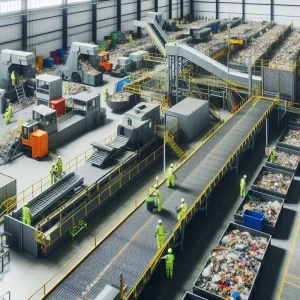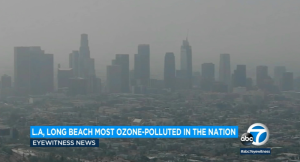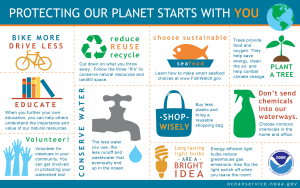
Dumpster rentals play a crucial role in effective waste management, whether on construction sites, industrial sites or even during removals. To ensure an efficient collection and recycling process, it is essential to understand what types of waste are typically accepted in a rental dumpster. This article explores in detail the different types of waste accepted, highlighting the importance of sorting and complying with environmental regulations.
1. Construction and demolition waste
Dumpster rental is common on construction and demolition sites. Dumpsters can be used for collecting various materials such as concrete, brick, plaster, wood, metal and insulation materials. Proper sorting of these materials facilitates their subsequent recycling, thus contributing to the reduction of waste sent to landfill.
2. Green and garden waste
Dumpsters can also be used for green waste such as leaves, branches, wilted flowers and garden waste. These organic materials can be transformed into compost, fertilizer or energy, thereby promoting environmental sustainability. It is imperative to place this green waste in appropriate plastic bags or containers before throwing it in the dumpster, ensuring an efficient and environmentally friendly recycling process.
3. Household and cleaning waste
These dumpsters can accommodate a variety of household waste such as used furniture, electronics, old clothes, broken toys and other household items. Some electronic devices must be disposed of according to strict environmental standards to avoid pollution.
4. Industrial waste
Industrial businesses can use these skips to dispose of specific waste such as industrial building materials, non-hazardous chemical waste and obsolete equipment. Proper treatment of these wastes is crucial to avoid environmental risks. However, industrial waste such as chemicals, oils, batteries, tires, electronic devices and heavy equipment are not accepted in these dumpsters and must be handled by specialized companies.
5. Hazardous and toxic waste
It is imperative that you do not throw away hazardous waste, such as chemicals, solvents, batteries and light bulbs, if you opt for a standard skip rental. These wastes require specialized treatment and must be transported to appropriate treatment facilities to avoid contamination.
6. Asphalt and concrete construction waste
Dumpster rentals can accommodate a variety of construction waste, including asphalt and concrete, which are recyclable and can be reused in new projects. This promotes the conservation of natural resources by encouraging the recycling of these materials.
7.Household waste
For household waste, you should not resort to renting skips. Household waste includes food waste, diapers, personal hygiene products, cleaning products and electronic waste. This waste must be thrown into regular trash cans or taken to a recycling center.
Proper waste management with dumpster rentals is essential for the environment. Precise sorting guarantees optimal recycling and minimizes the impact on the planet. Complying with waste disposal laws is a duty towards the environment and future generations. By choosing the right skip and understanding the waste accepted, we contribute to a cleaner and more sustainable future.




